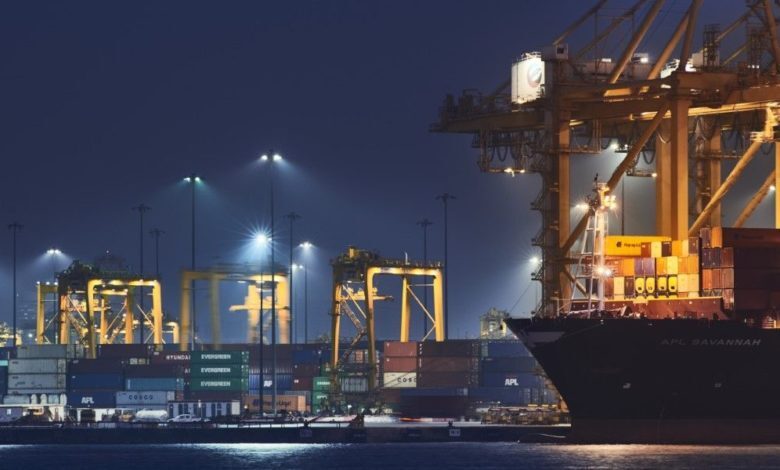
Wednesday 26th November 2025

by inAfrika Newsroom
A new McKinsey analysis says Africa data center demand is set to at least triple by 2030, driven by cloud adoption, AI workloads and a surge in mobile data. The consultancy expects capacity requirements to rise 3.5 to 5.5 times, potentially reaching up to 2.2 gigawatts, and requiring between USD 10 billion and USD 20 billion in new investment.
The report notes that most of the current capacity sits in South Africa, Nigeria, Kenya and Morocco, while many other countries rely on overseas hosting, which raises latency and data-sovereignty concerns. Consequently, governments and operators across the continent are planning new facilities, often anchored by cloud hyperscalers, telecom operators or state-backed digital strategies.
Moreover, the study links Africa data center demand to undersea cable landings, 5G rollout and fintech growth. As payment platforms, streaming services and AI tools expand, they require more local processing and storage to remain reliable and cost-effective. However, the report also warns that unreliable power, land costs and complex permitting continue to slow projects in several markets.
Industry players are already responding. Telecom operators are partnering with global cloud providers, while specialised data center firms are raising capital for regional hubs and edge sites. Some countries are offering tax incentives and special zones to attract investors. Yet McKinsey highlights that tariffs, unclear data protection laws and limited skills could hold back the sector if not addressed quickly.
In addition, analysts say policy makers need to align energy and digital plans. Data centers require stable, affordable power; without it, operators must rely on diesel backup, which raises costs and emissions. Several new projects therefore pair facilities with solar farms and battery storage.
The expected surge in Africa data center demand matters because it will shape who controls the continent’s digital infrastructure and value creation. Local capacity can reduce latency, improve cybersecurity and keep more data-driven services onshore. That, in turn, supports innovation in fintech, health, education and e-government. However, if investment clusters in only a few markets, other countries risk deepening their digital divide. For African regulators, the moment is critical: clear rules on data protection, competition and green power can help ensure that the data center boom creates jobs, builds skills and supports broader digital transformation instead of reinforcing existing gaps.


